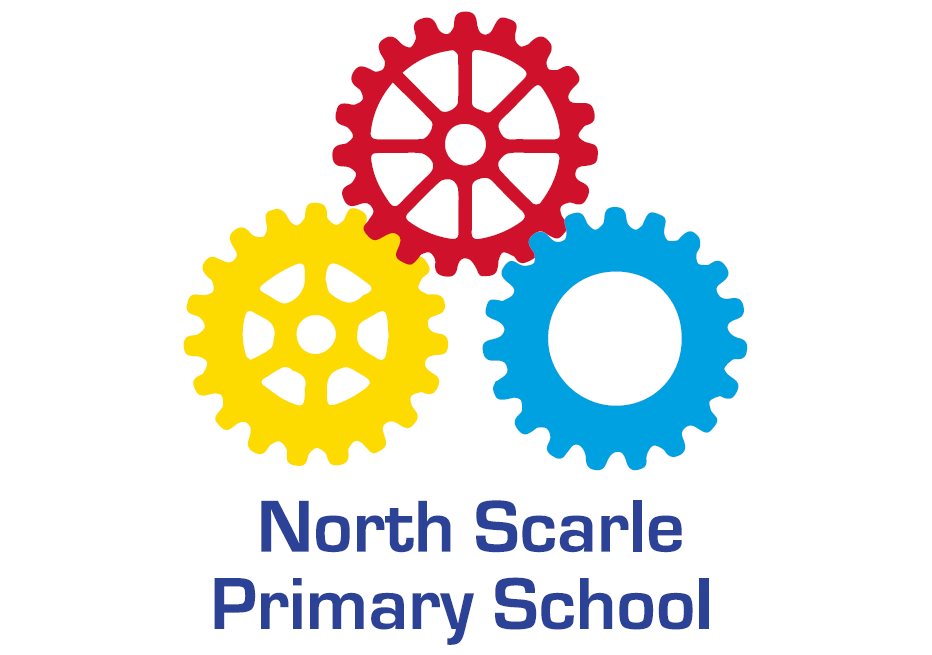Pupil Premium
Purpose of the Pupil Premium
The pupil premium is additional funding given to maintained schools to narrow attainment gaps between disadvantaged pupils and other pupils.
It is also used to support pupils with parents in the regular armed forces - this part of it is known as the service premium.
The grant may be spent:
- For the educational benefit of pupils registered at our school or at other maintained schools or academies
- On community facilities, such as charitable services which benefit pupils at our school or their families or people who live or work in your school's locality
Funding Rates Per Pupil for financial year 2024-2025
- Primary aged pupils recorded as ‘Ever 6 free school meals (FSM)’: £1,480
- Looked after children (LAC) and previously-LAC: £2,570
- Pupils recorded as ‘ever 6 service children’ or in receipt of a pension from the Ministry of Defence: £340
Pupil Eligibility
The following groups are eligible for pupil premium:
- pupils who are recorded as eligible for free school meals, or have been recorded as eligible in the past 6 years (referred to as Ever 6 FSM)
- children previously looked after by a local authority or other state care, including children adopted from state care or equivalent from outside England and Wales
- one of their parents is serving in the regular armed forces, including pupils with a parent who is on full commitment as part of the full-time reserve service – this includes pupils with a parent who is in the armed forces of another nation and is stationed in England
- they have been registered as a ‘service child’ on any school census in the past 6 years
They would also be eligible if:
- one of their parents died whilst serving in the armed forces and the pupil receives a pension under the Armed Forces Compensation Scheme or the War Pensions Scheme
Our core principles:
- We ensure that teaching and learning opportunities meet the needs of all pupils
- We ensure that appropriate provision is made for pupils who belong to vulnerable groups, this includes ensuring that the needs of socially disadvantaged pupils are adequately assessed and addressed
- In making provision for socially disadvantaged pupils, we recognise that not all pupils who receive free school meals will be socially disadvantaged
- We also recognise that not all pupils who are socially disadvantaged are registered or qualify for free school meals. We reserve the right to allocate the Pupil Premium funding to support any pupil or groups of pupils the school has legitimately identified as being socially disadvantaged.
Please see below our strategy for Pupil Premium funding for 2023/24 and how the pupil premium funding has been spent and the impact it had in 2022/23 and 2021/22.
